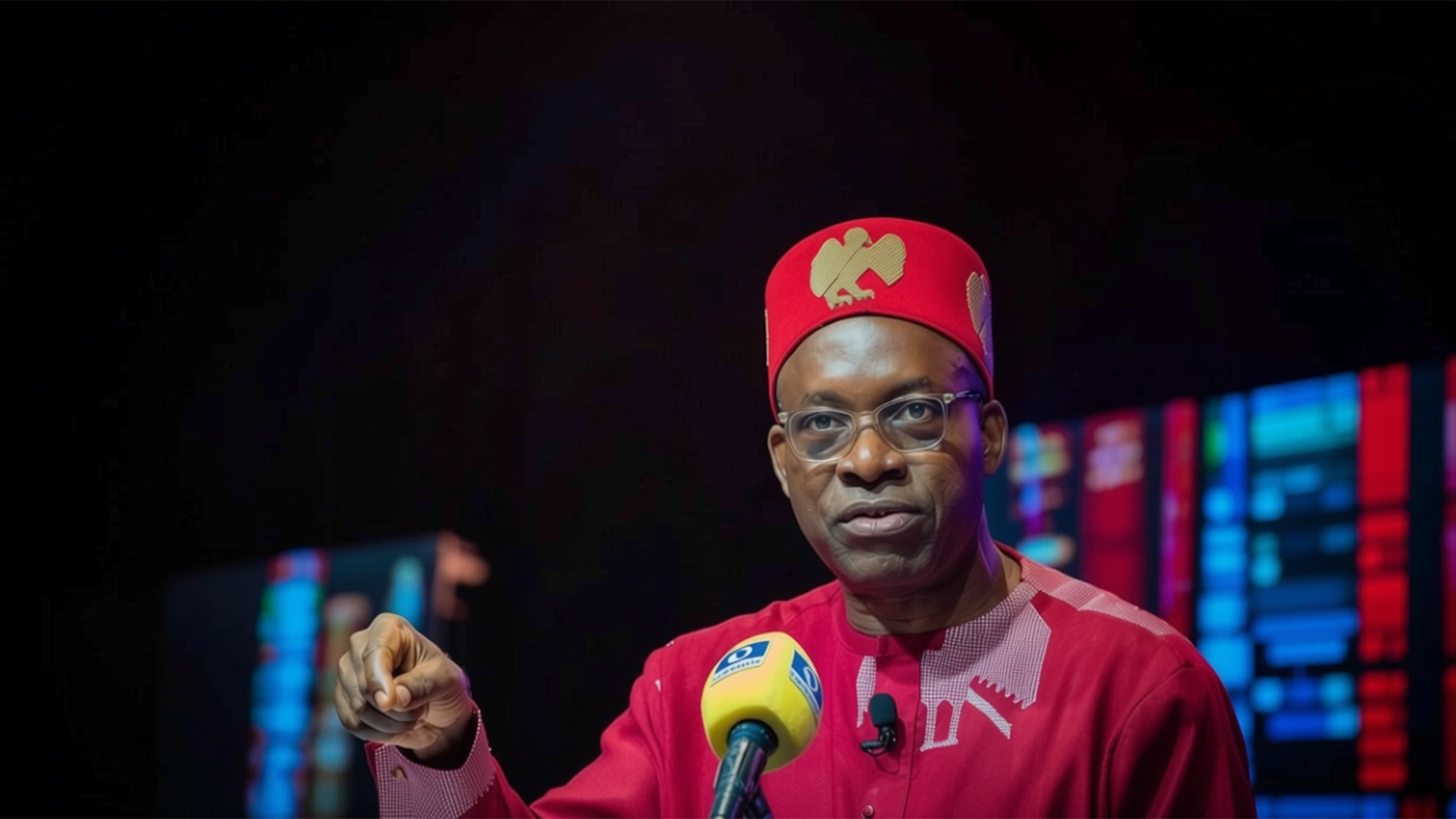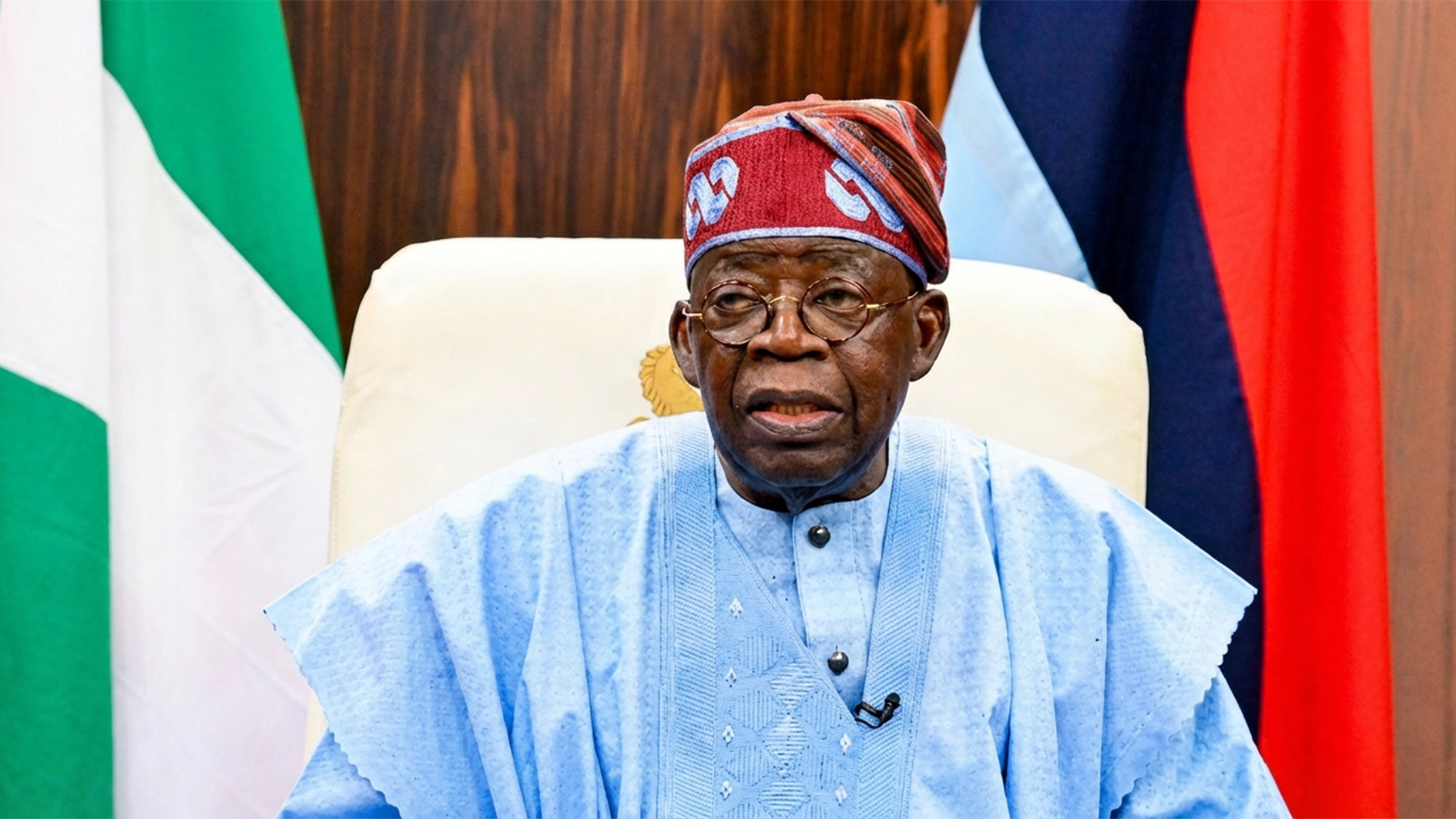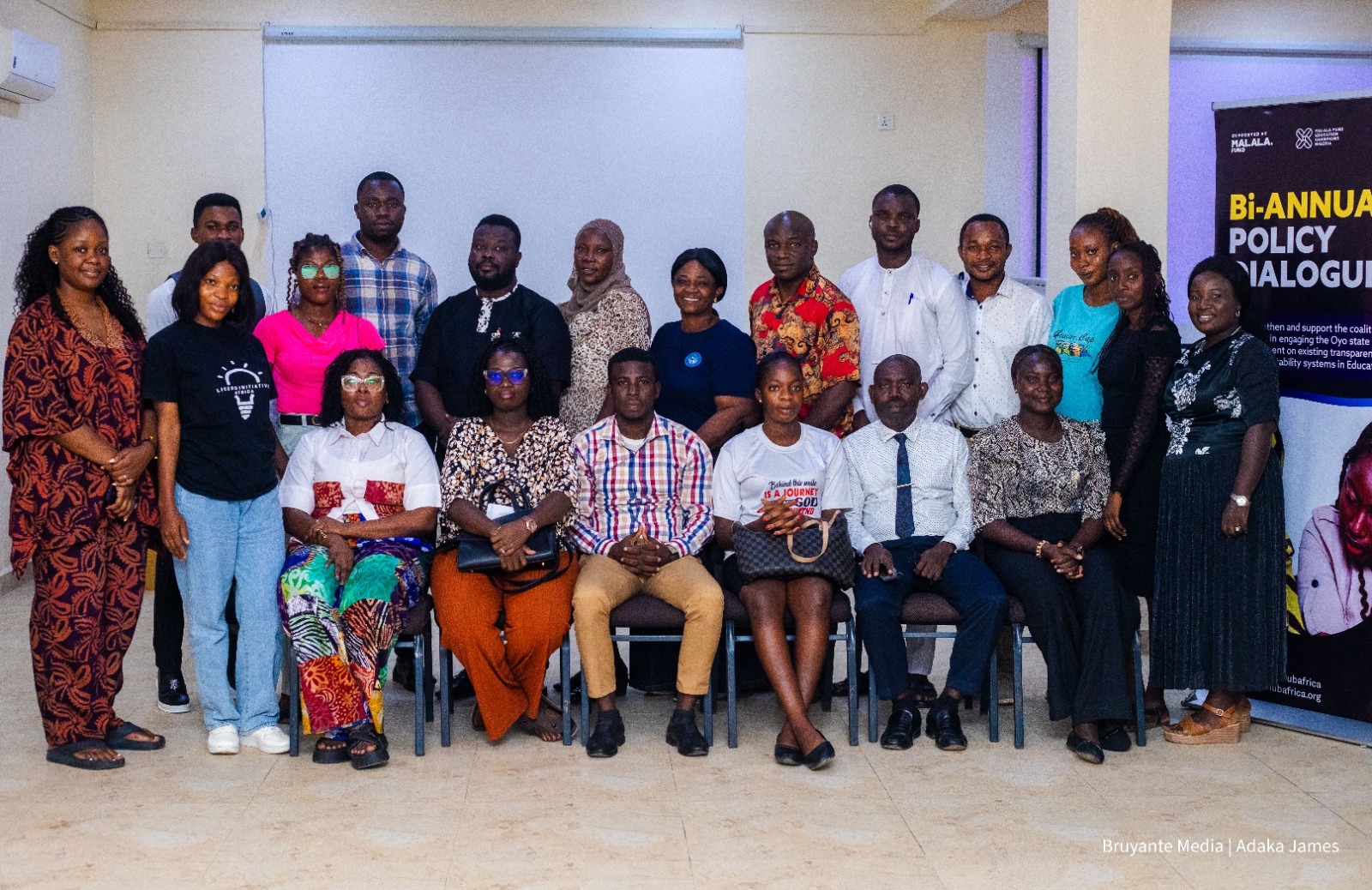• U.S. asks visa applicants to disclose five-year social media activity
The United States (U.S.) Mission Nigeria and the British authorities have commended the Federal Government and its security forces for the successful arrest of two wanted leaders of the terrorist group, Ansaru.
The U.S. and the British authorities issued the commendations yesterday in separate tweets on X (formerly Twitter).
The arrests of the Ansaru terrorist leaders were confirmed following an announcement by the National Security Adviser, Nuhu Ribadu.
According to Ribadu, the leaders of Jama’atuAnsarulMuslimina fi-Biladis Sudan, commonly known as Ansaru, were captured in a “high-risk, intelligence-led, counter-terrorism operation” conducted between May and July 2025.
He said Mahmud Muhammad Usman, identified as the self-styled Emir of Ansaru, was the coordinator of various terrorist sleeper cells across Nigeria and the mastermind of numerous high-profile kidnappings and armed robberies used to finance the group’s operations.
Ribadu added that his Deputy, Mahmud al-Nigeri, led the group’s “Mahmudawa” cell, which operates around the Kainji National Park area, a region straddling Niger and Kwara states and extending into the Benin Republic.
In a post via its official X handle yesterday, the U.S. Embassy in Nigeria praised the arrests of the terrorist leaders and described the successful operation as a win in Nigeria’s quest to end terrorism.
MEANWHILE, the U.S. mission in Nigeria has said all non-immigrant visa applicants are required to provide details of their social media accounts from the past five years.
The policy mandates the disclosure of usernames or handles across all platforms used within the period. The embassy announced the update in a statement yesterday.
“Visa applicants are required to list all social media usernames or handles of every platform they have used from the last 5 years on the DS-160 visa application form,” the statement reads.
“Applicants certify that the information in their visa application is true and correct before they sign and submit. The mission warned that omitting social media information could lead to visa denial and ineligibility for future visas.
The DS-160 is the online form required by the US Department of State for most non-immigrant visa applications.This move builds on earlier measures. International student applicants were previously instructed in June to make their social media accounts public for vetting.
Earlier this month, US Ambassador to Nigeria Richard Mills, said the recent visa policy changes for Nigerians were not meant to punish applicants but to improve security and service delivery.






